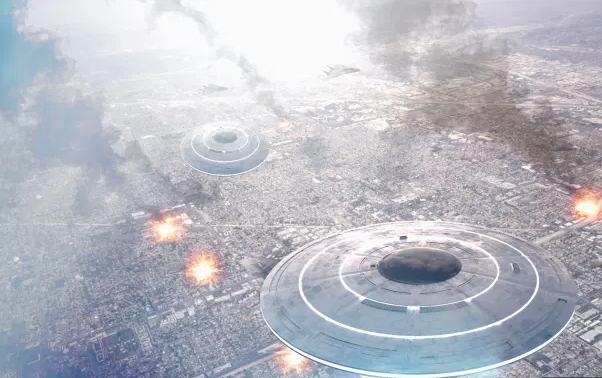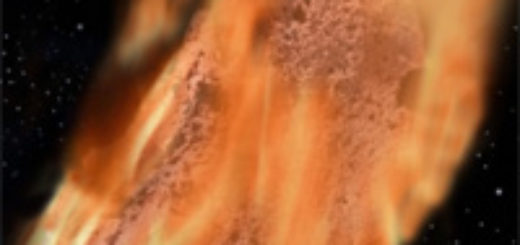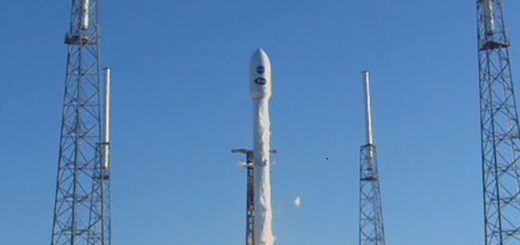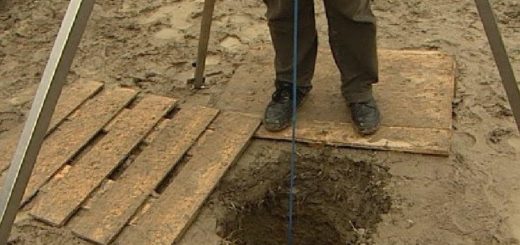How will the world really end? From a manmade disaster to a meteor strike, experts reveal what they think lies in store

FROM disaster films like 2012 to zombie-packed TV series like The Walking Dead and bleak video games like The Last of Us, we all seem to love thinking about the end of the world.
But nobody can agree how the world is likely to end, even if we can all agree we’d rather not be around to find out.
As the vast differences between disaster films suggest, there’s more than one kind of apocalypse.
Some people reckon the end will come as a result of a devastating meteor strike, while others are certain that our undoing will come because of our own actions.
Gizmodo asked a range of futurists and anthropologists to find out what the experts really think about the end of the world.
And although they were divided on the details, quite a few agree that there may be trouble ahead.
The good news is that humans are an adaptable and very capable species, and this could be enough to save us when doomsday eventually comes.
But experts agree on one thing: the question is when, not if.
Manmade disaster
The bleak prospect of us being our own undoing seems quite popular among apocalypse experts.
Anders Sandberg, of Oxford University’s Future of Humanity Institute, said that a human-induced extinction is probably on the cards.
He said: “While natural risks are still around, they are less likely than human-caused disasters like nuclear war, bioweapons, or wrecking the civilisational and ecological infrastructure we need to survive”.
The prospect of rogue robots is also keeping some futurists awake at night, with deadly AI or self-replicating machines capable of posing a serious risk one day.
Anders went so far as to say: “The research community does not know, but the risk does seem to be potentially high enough that we are more likely to be killed by an extinction event than a car crash across our lives.”
‘pay pigs’
Natural disasters
We recently revealed what would happen if one of the planet’s most dangerous volcanoes were to erupt – and it’s not pretty.
Owen Gaffney, from the Stockholm Resilience Centre and Future Earth, agrees that this is a risk.
He said that alongside the dangers of humans wiping ourselves out, large asteroids, gamma ray bursts, disease and supervolcanic eruptions all threaten life as we know it.
Environmental change
Plenty of experts reckon the most urgent threat to our species is unprecedented environmental change.
Although we managed to deal with the problem of the potentially deadly hole in the ozone layer, apocalypse buffs warn similar problems could be the death of us.
However, our adaptability is key, according to ocean expert Fabien Cousteau.
He said: “Current trends taken into account, the more pessimistic outlook predicts we will make this planet unlivable within 50-75 years.
“Personally, I have a tendency to believe in the human drive for self-preservation”.
Angry aliens
As we inch ever closer to colonising space, we risk upsetting some of the galaxy’s other residents.
Owen Gaffney notes that any aliens out there are likely to take notice of us soon enough, especially if we can put people on Mars within the next few decades.
However, this could also be our lifeline: if we can colonise space then we won’t be dependent on the health of one planet for our species to thrive.
Only one thing is for certain, according to paleoanthropologist Ian Tattersall: Nothing is forever.



 Creators of mankind
Creators of mankind Description of “Tall white aliens”
Description of “Tall white aliens” Where they came from?
Where they came from? About hostile civilizations
About hostile civilizations The war for the Earth
The war for the Earth “Tall white aliens” about eternal life
“Tall white aliens” about eternal life Video: “Nordic aliens”
Video: “Nordic aliens” Aliens
Aliens Alien encounters
Alien encounters The aliens base
The aliens base UFO
UFO Technology UFO
Technology UFO Underground civilization
Underground civilization Ancient alien artifacts
Ancient alien artifacts Military and UFO
Military and UFO Mysteries and hypotheses
Mysteries and hypotheses Scientific facts
Scientific facts


















